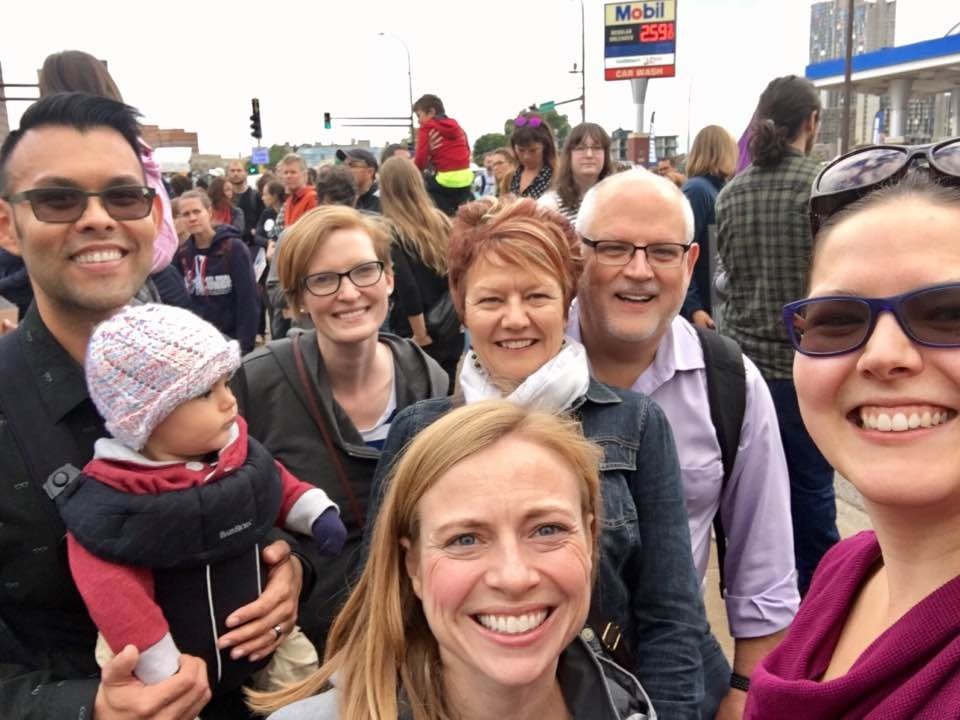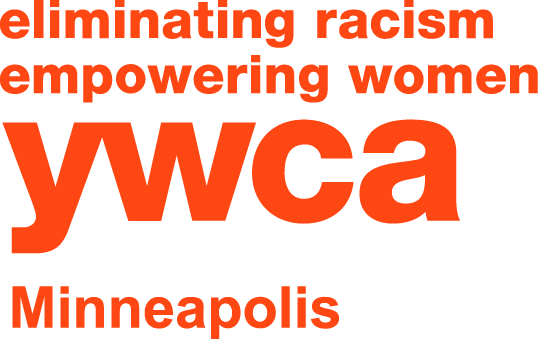Working Toward a Future Rooted in Justice, Collective Wisdom and Dignity
The YWCA Racial Justice Facilitator Program offers community members tools and opportunities to stand for racial justice in their everyday lives. Facilitators go on to lead dialogues at YWCA workshops, community conversations and our annual It's Time to Talk: Forums on Race™ event. In the powerful Q&A below, learn what YWCA Racial Justice Facilitator, Daniel Perez, has to say about facilitating dialogue about race and how it can be an opportunity for growth and transformation.
Why did you want to be a Racial Justice Facilitator?
I believe the journey to achieving racial justice requires engaging in courageous, authentic and difficult conversations with our fellow humans. Similarly, I believe conflict, when done well, can be an opportunity for growth and transformation for everyone involved. Thus what better way to sharpen my skill set and become more effective in doing racial equity work and engaging with others than to become a Racial Justice Facilitator!
Why is this work important to you?
Racial equity and anti-oppression work are deeply personal and professional. I am a brown Mexican man married to a white Canadian woman, and we are raising our two multiracial, multiethnic and bilingual boys. I also work as a school social worker and I am a survivor of multiple traumas. Therefore, I have an unwavering commitment to creating a society where all of us have enough, where all of us belong, and where our humanity and dignity is always honored and respected.
What have you learned through your experience with YWCA Minneapolis?
Through the conversations that I have facilitated at the It's Time to Talk: Forums on Race annual event, I have learned that people are eager to learn and retain the skills that will equip them to do racial justice work for the rest of their lives. Similarly, I was reminded that the work of anti-racism and anti-oppression requires being in touch with our physical bodies, and not just with our brains.When I think about specific skills that I learned through my experience with YWCA Minneapolis, I think of the ability to withhold judgment and truly listen to people's stories with curiosity and tenderness as some of the most salient ones.
Are there any anecdotes or stories that are memorable from your times being a facilitator?
At the It's Time to Talk annual event, I had the opportunity to facilitate a conversation with a group of women. These women were from very diverse backgrounds — racially, ethnically, culturally and religiously. Being in that space, listening to the participants sharing about their painful experiences with racism and privilege, and their commitment to fighting for change was not only moving but also life-affirming.
What is your hope or vision for our community?
Honestly, I hope for the abolition of our current imperialist, white supremacist, capitalist, heteropatriarchal system. I envision the creation of a society where our purpose is simply to care for each other and our planet; where none of us are left behind; where all of us are worthy of love and belonging and can thrive; and where our way of being is rooted in justice, collective wisdom and dignity.Learn More about YWCA's Facilitator ProgramLearn More about YWCA Minneapolis
